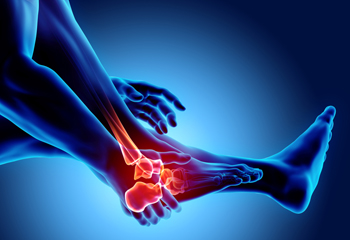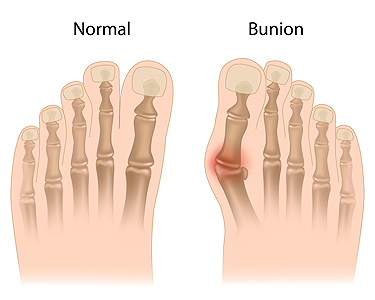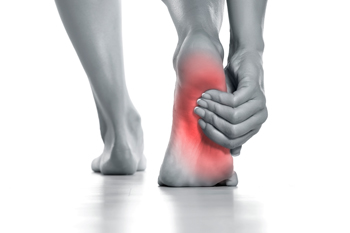
Juvenile idiopathic arthritis, or JIA, is a type of arthritis that affects children and adolescents. The exact cause is unknown, but it is believed to result from a combination of genetic and environmental factors that trigger an autoimmune response. In JIA, the immune system mistakenly attacks the joints, causing inflammation and pain. The condition can affect one or multiple joints, often leading to swelling, stiffness, and limited movement. Common symptoms include joint pain, especially in the morning, fever, and fatigue. Some children may also experience growth problems and eye inflammation. JIA can be classified into different types based on the number of joints affected and other features. If your child’s feet are affected by any of the above symptoms, it is suggested that you consult a podiatrist who can provide the necessary care for relief.
The health of a child’s feet is vital to their overall well-being. If you have any questions regarding foot health, contact one of our podiatrists of Carolina Foot & Ankle Specialists. Our doctors can provide the care you need to keep you pain-free and on your feet.
Tips for Keeping Children's Feet Healthy
- Make sure their shoes fit properly
- Look for any signs of in-toeing or out-toeing
- Check to see if they have Clubfoot (condition that affects your child’s foot and ankle, twisting the heel and toes inward) which is one of the most common nonmajor birth defects.
- Lightly cover your baby’s feet (Tight covers may keep your baby from moving their feet freely, and could prevent normal development)
- Allow your toddler to go shoeless (Shoes can be restricting for a young child’s foot)
- Cut toenails straight across to avoid ingrown toenails
- Keep your child’s foot clean and dry
- Cover cuts and scrapes. Wash any scratches with soap and water and cover them with a bandage until they’ve healed.
If you have any questions, please feel free to contact our offices located in Mount Pleasant and Charleston, SC . We offer the newest diagnostic and treatment technologies for all your foot care needs.






